Originally published on July 24, 2017, updated July 20, 2023
Menu
Join Our Email List
- Receive our monthly newsletter.
- Stay up to date on Amazon policies.
- Get tips to grow your business.
"Do I need Amazon supplier software to manage my vendor relationships?"
We hear merchants ask this type of question all the time. Although there's no one-size-fits-all answer, if you intend to scale your business, there is a good chance that an Amazon supplier management tool can help.
In this post, we'll help you answer the question for your own store.
The Amazon marketplace is the land of opportunity - both for the buyer and seller. Anything worth buying is usually just a tap of the Buy Box away. As an item's sales rank increases, savvy sellers (like you!) take notice and figure out creative ways to capitalize on the trend. If your current vendors cannot supply the product, you'll need to go out and find someone who can. You're good at establishing supplier relationships, but each new relationship increases the complexity of your record keeping. Being the prudent seller that you are, you always have the following information handy for each supplier:
Unfortunately, your supplier tracking spreadsheet is getting out of control. What started out as a few rows with several columns of data has grown into hundreds of rows and columns. Simply finding a single supplier takes several minutes of your time, not to mention trying to extract any meaningful conclusions. With each new supplier you add to the sheet, you're only compounding the problem.
A tool like RestockPro can create scalability in the management of supplier information. Adding a new supplier is as simple as clicking a button and filling out an intuitive web form.
Or, if you want to hit the ground running faster, you can import your existing supplier information, which will instantly create individual supplier records in our software. Whether you import or enter each supplier one by one, you'll be able to search, sort, and edit supplier information on the fly - without fumbling through a cumbersome spreadsheet. Everything you need is right there on the tool's Suppliers dashboard.
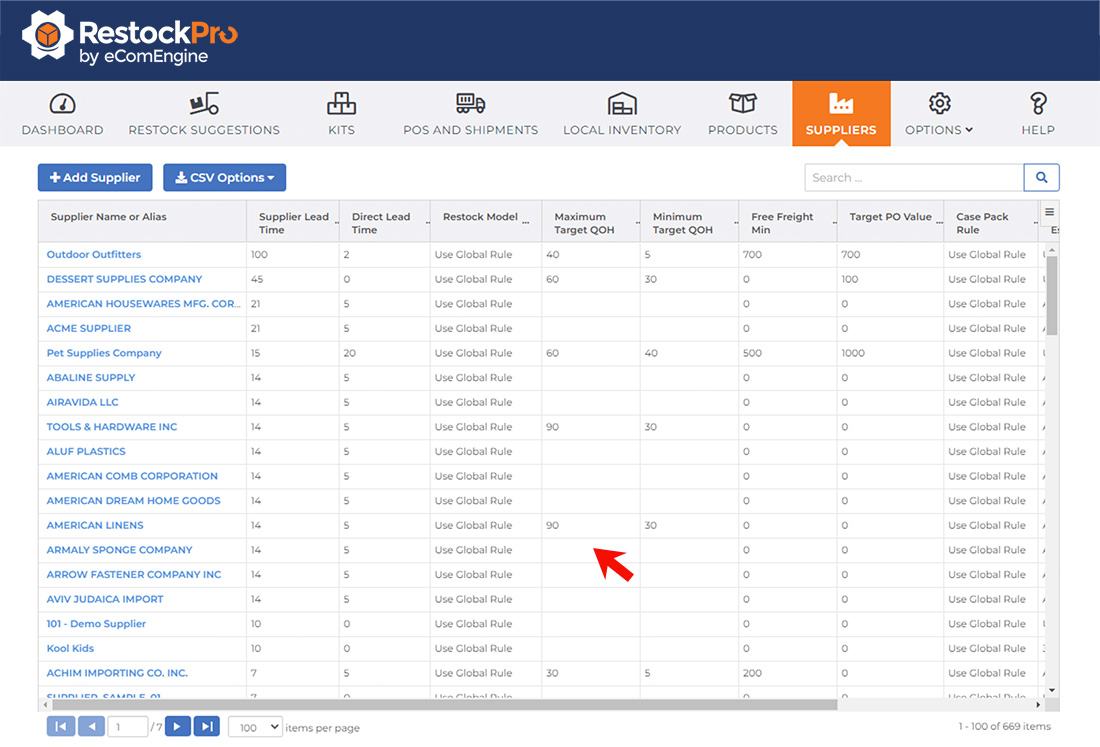
Some suppliers offer generous shipping terms. Others provide discounts or free shipping if you hit a certain order volume. Still others adjust their payment terms seemingly on the flip of a coin. With such a dynamic ecosystem to contend with, failing to update your spreadsheet even once can cause a costly mistake in the future.
Despite the usefulness of accurate records, it's no wonder why merchants can easily forget to update their supplier spreadsheets. After all, most of their time is spent on more value-added activities, such as monitoring order volume, creating purchase orders, and building shipments. Updating a spreadsheet, although important, falls to the bottom of most to-do lists.
Related Reading: 10 Ways to Reduce Shipping Costs with FedEx and UPS
An integrated Amazon supplier management tool, like RestockPro, solves this problem by centralizing all operational activity into a single hub. In addition to housing your supplier information, RestockPro lets you build electronic purchase orders, create shipments, and track your supply chain. Instead of jumping from your Seller Central account to your inbox and back into a spreadsheet, RestockPro ties everything together.
Can't recall who was offering a discount incentive? RestockPro remembers and lets you know when your restock level qualifies. Like a trusted advisor, RestockPro guides you through the workflow based on how you normally replenish items with any supplier. When you create the PO, it automatically fills in the right addresses, payment details, case packs, and even personal notes for each supplier. The history is tracked so you can actively monitor each supplier's performance and know which vendors are driving the best results for your bottom line.
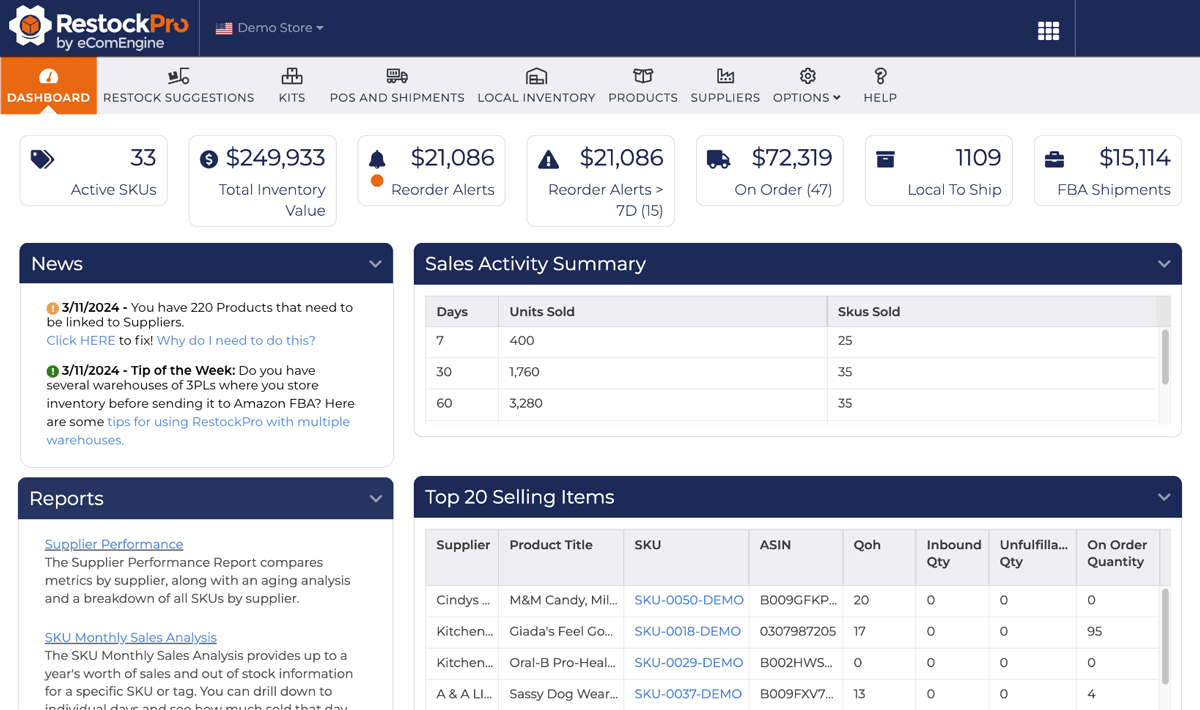
In RestockPro, everything is tracked in one central place, which means you'll rarely have to leave. By focusing the majority of your time on a single supply chain management tool, you'll become much more likely to update supplier assumptions as things change. The net result? Better data, better supplier relationships, and more informed decision-making.
Not every supplier lives up to your high expectations. In fact, some seem to drop the ball more so than others. With RestockPro, you can hold your suppliers accountable with much less effort.
For starters, each shipment (whether inbound to you or an Amazon warehouse) is visible from your list of orders in RestockPro. With a few clicks, you can see which shipments are being prepped, in transit, or arrived. You'll even be able to track how many units were received versus the number ordered. If there's ever a discrepancy, you have historical records and a central place to document your reconciliation efforts.
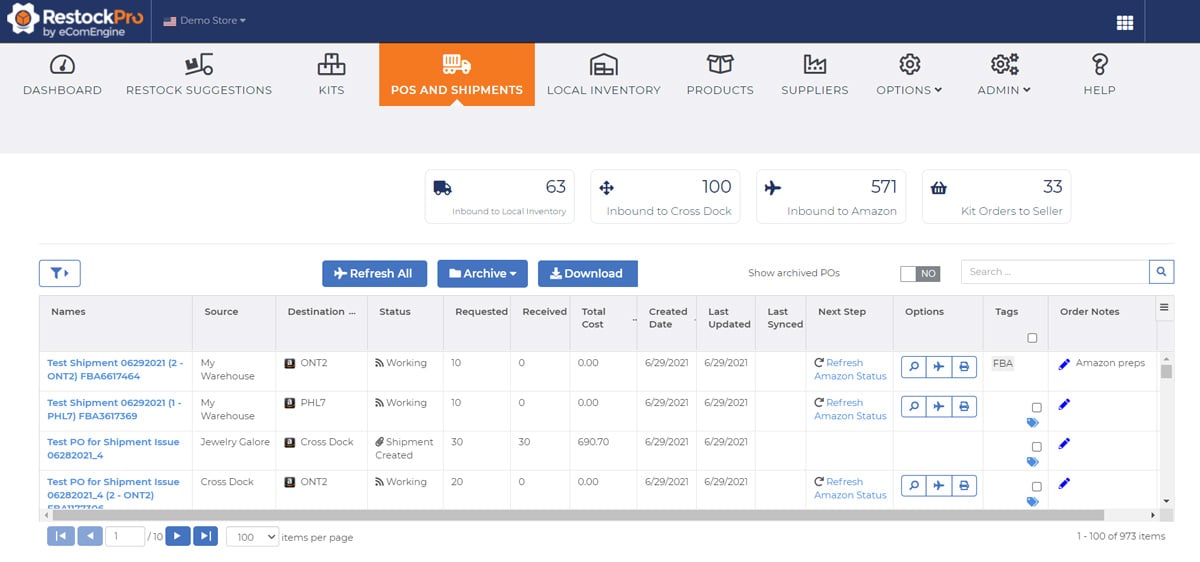
In addition, our supplier performance report can help you quickly visualize which vendors are contributing to (or detracting from) your inventory turnover.
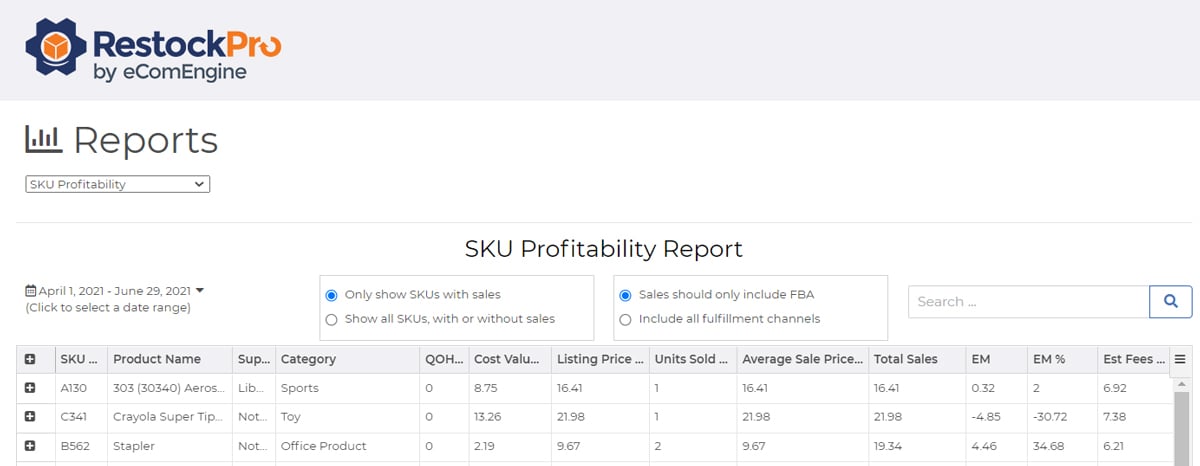
If you're ready to dump your supplier spreadsheet, RestockPro is an affordable Amazon supplier management tool. All of our plans offer unlimited supplier management, allowing you to create the scalability you need to grow.
Import your supplier list to RestockPro today, and never update a spreadsheet again!
Originally published on July 24, 2017, updated July 20, 2023
This post is accurate as of the date of publication. Some features and information may have changed due to product updates or Amazon policy changes.
These Stories on Sourcing
14321 Winter Breeze Drive
Suite 121 Midlothian, VA 23113
Call us: 800-757-6840


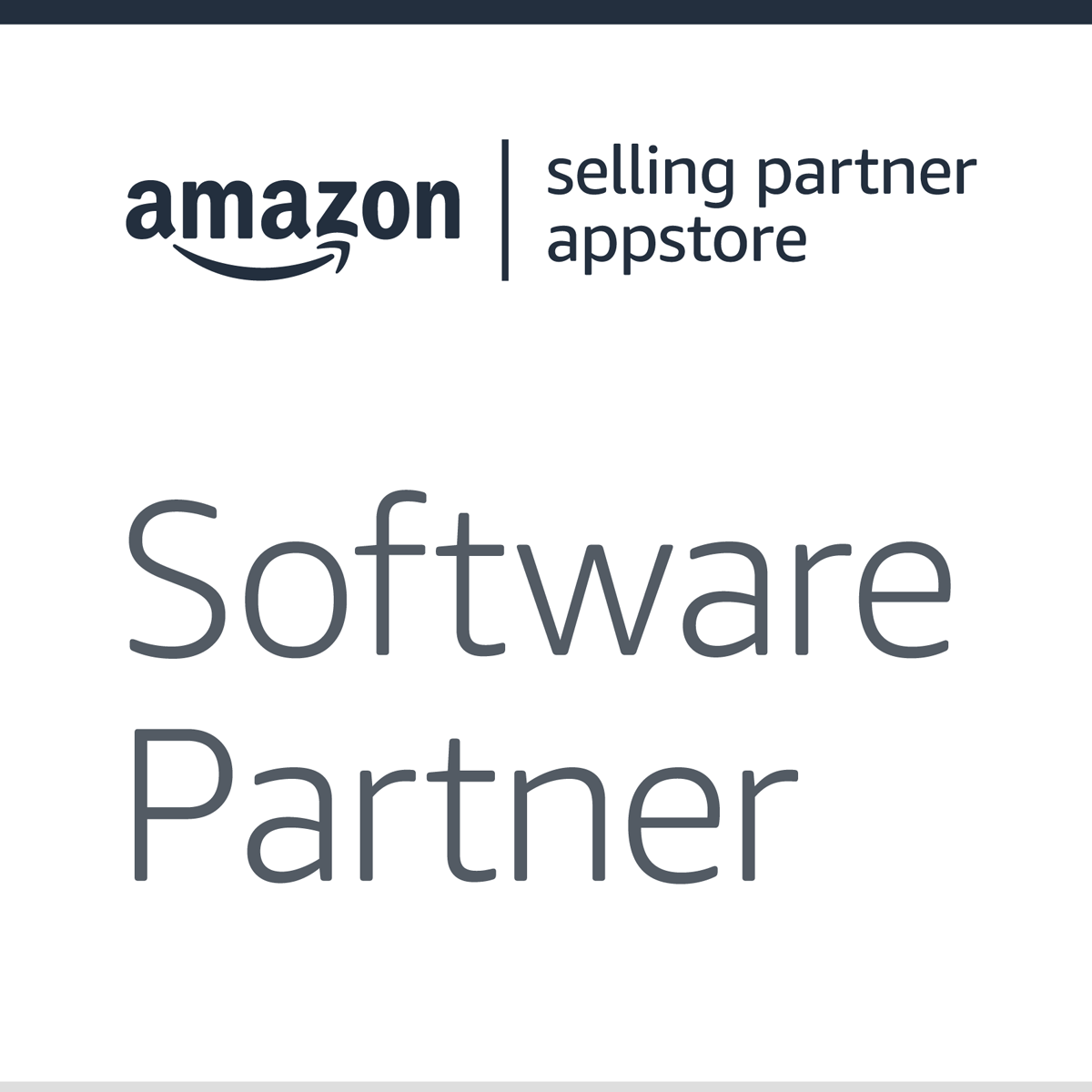


Copyright© 2007-2025 eComEngine, LLC. All Rights Reserved. eComEngine®, FeedbackFive®, RestockPro®, and SellerPulse® are trademarks or registered trademarks of eComEngine, LLC. Amazon's trademark is used under license from Amazon.com, Inc. or its affiliates.
No Comments Yet
Let us know what you think